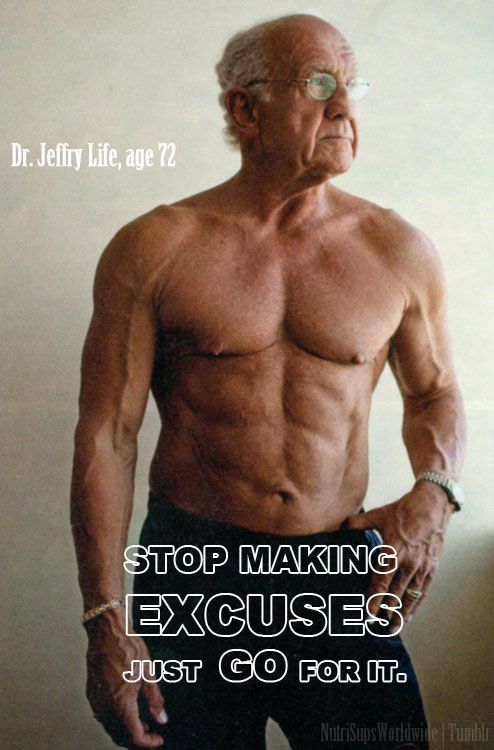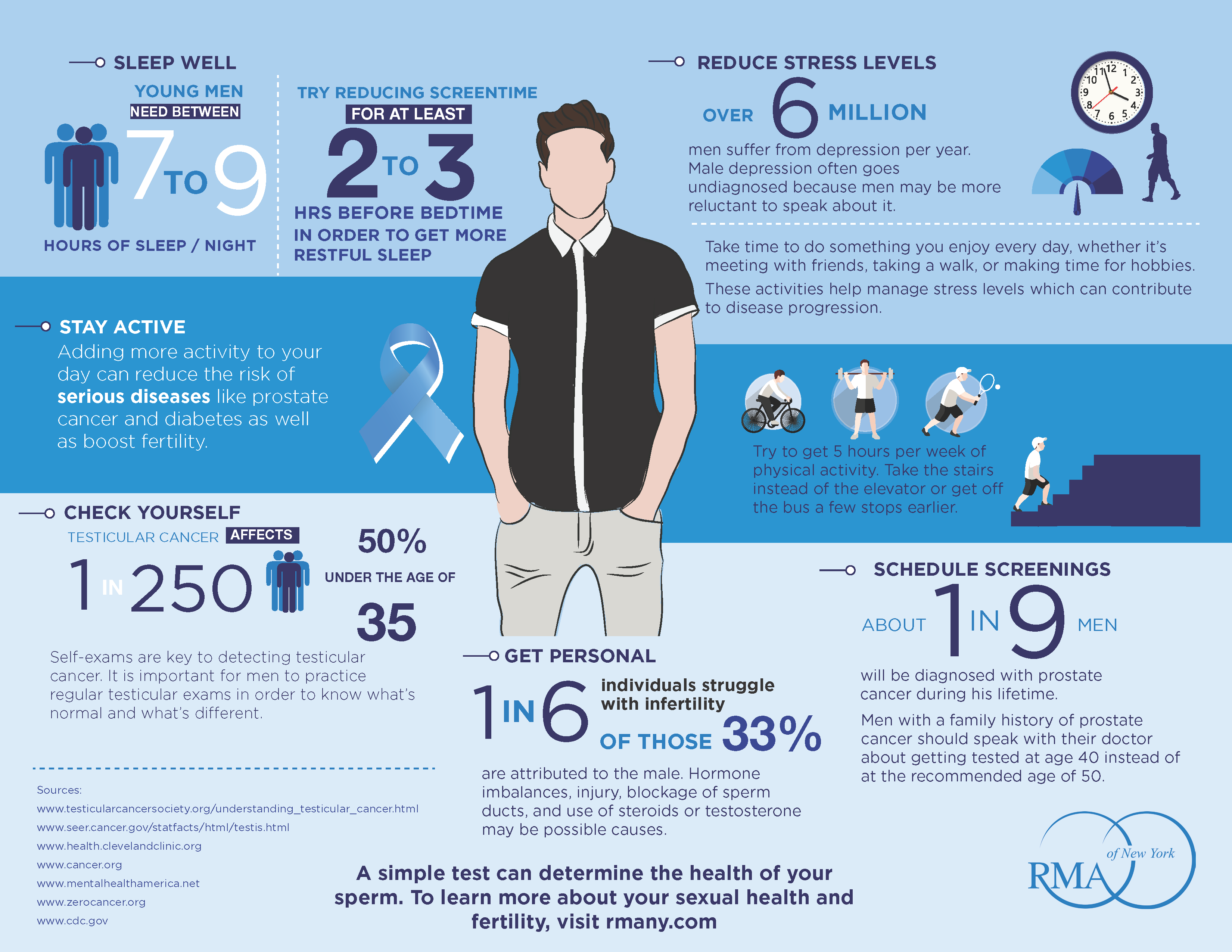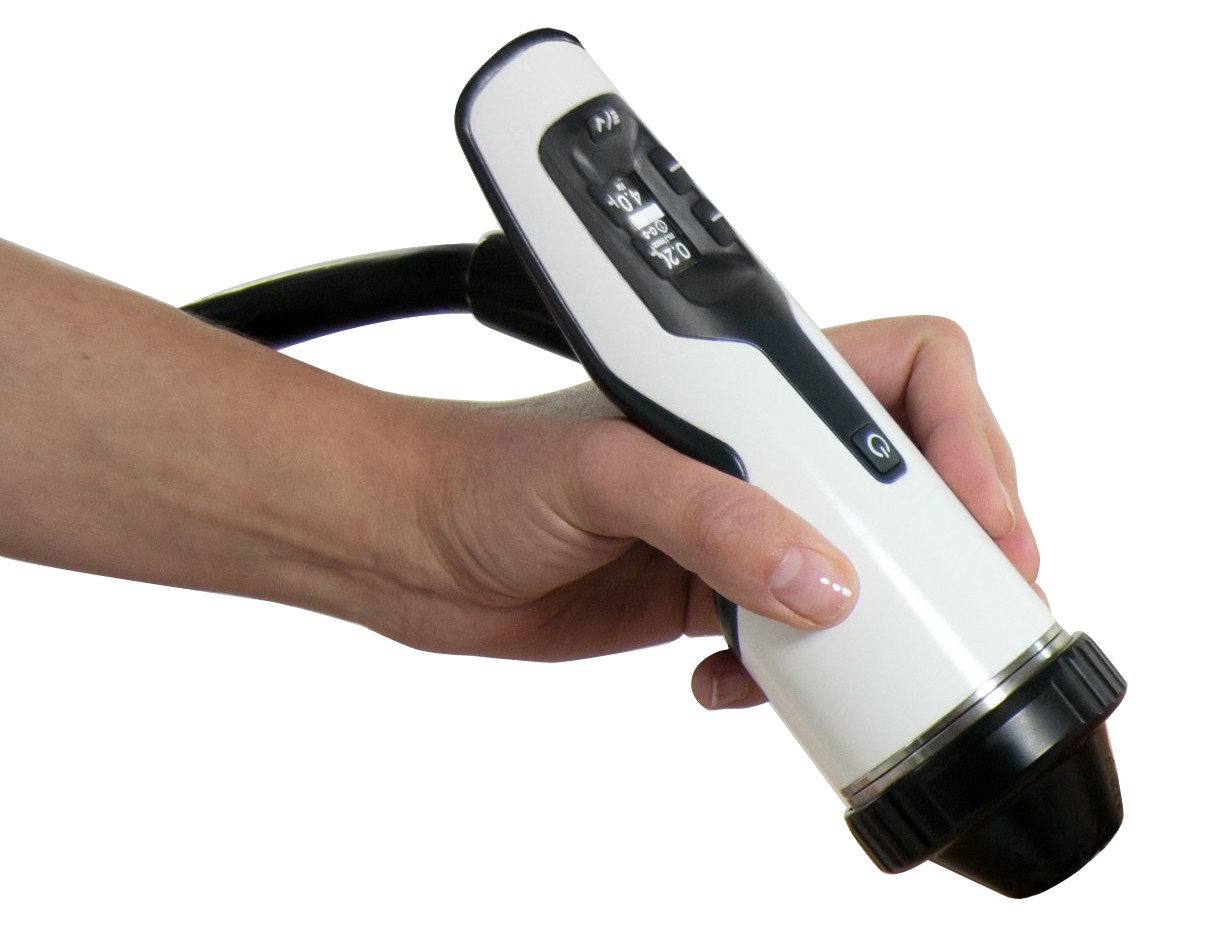If you are still dealing with Sexual Dysfunction, you’ve probably been surfing Youtube to find videos titled ‘EASY and permanent ED cure! or ‘How to fix my Peyronie’s Disease in 8 minutes!’ or ‘Eliminate pelvic pain & bladder incontinence forever!’.
Hate to be the bearer of bad news, but – THERE EXISTS NO SIMPLE TRICK TO CURE ED.
There are NO QUICK and PERMANENT FIXES.
There’s a lot of good information out there, and you should be judicious in searching it out.
Erectile dysfunction (ED) is a prevalent condition that affects a significant portion of the male population worldwide. Characterized by the inability to achieve or maintain an erection sufficient for satisfactory sexual performance, ED can have profound psychological and relational impacts. Despite the widespread desire for a quick fix, the complexities underlying erectile dysfunction make such solutions unrealistic and potentially harmful. This essay will explore the multifaceted nature of ED, the reasons why quick fixes are ineffective, and the importance of a comprehensive approach to treatment.
Again – there exists no SIMPLE TRICK TO CURE ED.
It’s a multi-variate analysis which requires work and introspection.
### Understanding Erectile Dysfunction
Erectile dysfunction is not a disease in itself but a symptom of various underlying conditions. These can be broadly categorized into physical, psychological, and lifestyle-related factors.
**Physical Causes:**
1. **Cardiovascular Diseases:** Conditions such as hypertension, atherosclerosis, and high cholesterol can impair blood flow to the penis, making erections difficult to achieve.
2. **Diabetes:** Diabetes can damage blood vessels and nerves that are crucial for erectile function.
3. **Hormonal Imbalances:** Low levels of testosterone or other hormonal imbalances can contribute to ED.
4. **Neurological Disorders:** Diseases like Parkinson’s, multiple sclerosis, or spinal cord injuries can interfere with the nerve signals required for an erection.
5. **Medications:** Certain drugs, including those for depression, anxiety, and hypertension, can have side effects that lead to ED.
**Psychological Causes:**
1. **Stress and Anxiety:** Mental health issues such as stress, anxiety, and depression can significantly affect sexual performance.
2. **Relationship Problems:** Interpersonal conflicts and poor communication with a partner can contribute to ED.
3. **Performance Anxiety:** Worrying about sexual performance can itself cause or exacerbate erectile difficulties.
**Lifestyle Factors:**
1. **Smoking:** Tobacco use can damage blood vessels and reduce blood flow to the penis.
2. **Alcohol and Substance Abuse:** Excessive alcohol consumption and the use of certain recreational drugs can lead to ED.
3. **Obesity and Lack of Exercise:** Poor physical health can impair sexual function.
Why Quick Fixes Are Ineffective
The desire for a quick fix to cure ED is understandable, given its impact on quality of life. However, such solutions are generally ineffective and can even be dangerous due to the following reasons:
**Symptomatic Relief vs. Root Cause:**
Most quick fixes, such as over-the-counter supplements and unverified treatments, focus on symptomatic relief rather than addressing the underlying causes of ED. These methods might offer temporary improvement but fail to provide a long-term solution. For instance, a pill that increases blood flow to the penis may help achieve an erection but won’t address underlying issues like cardiovascular disease or diabetes that require medical attention and lifestyle changes.
**Potential for Harm:**
Many quick-fix solutions are unregulated and can pose significant health risks. Supplements and herbal remedies often contain undisclosed ingredients that can interact with prescription medications or exacerbate existing health conditions. Moreover, the lack of scientific evidence supporting these products raises questions about their efficacy and safety.
**Psychological Impact:**
Relying on quick fixes can also have detrimental psychological effects. Temporary solutions can lead to dependency, increased anxiety, and frustration when they fail to work consistently to cure ED. This can create a vicious cycle, where the stress and disappointment associated with unreliable treatments further exacerbate ED.
**Ignoring Comprehensive Health:**
Quick fixes tend to ignore the broader context of an individual’s health. Erectile dysfunction is often a sign of other serious health issues that require comprehensive management. Focusing solely on symptom relief can delay the diagnosis and treatment of conditions like heart disease or diabetes, potentially leading to more severe health outcomes and ultimately, not giving you the tools to cure ED.
### Comprehensive Approach to Treatment
Effective management of erectile dysfunction requires a comprehensive, individualized approach that addresses the root causes and involves medical, psychological, and lifestyle interventions.
**Medical Treatment:**
1. **Medications:** PDE5 inhibitors such as sildenafil (Viagra), tadalafil (Cialis), and vardenafil (Levitra) are commonly prescribed to enhance erectile function. These drugs improve blood flow to the penis but need to be used under medical supervision, especially in patients with underlying health conditions. Again – these drugs are not the way to cure ED – these are symptom fixers and don’t address the root cause.
2. **Hormone Therapy:** For men with hormonal imbalances, testosterone replacement therapy may be recommended.
3. **Devices:** Vacuum erection devices, penile implants, and injections can provide alternatives for those who do not respond to oral medications.
4. **Surgery:** Vascular surgery may be an option in rare cases where there is a specific anatomical cause for ED. There is risk in surgery, of course, and no guarantees even that this will cure ED.
**Psychological Support:**
1. **Counseling and Therapy:** Cognitive-behavioral therapy (CBT) and other forms of psychotherapy can help address psychological causes of ED, such as performance anxiety, depression, and relationship issues.
2. **Couples Therapy:** Engaging in therapy with a partner can improve communication and reduce relational stress contributing to ED.
**Lifestyle Changes:**
1. **Exercise:** Regular physical activity improves cardiovascular health and blood flow, reducing the risk of ED.
2. **Diet:** A balanced diet rich in fruits, vegetables, whole grains, and lean proteins supports overall health and can improve erectile function.
3. **Smoking Cessation:** Quitting smoking can enhance vascular health and erectile performance.
4. **Moderating Alcohol Intake:** Reducing alcohol consumption can prevent the negative effects of excessive drinking on sexual function.
5. **Weight Management:** Maintaining a healthy weight reduces the risk of diabetes, cardiovascular disease, and other conditions associated with ED.
But treating these conditions is often a process – and there exists no ‘silver bullet’ on how to cure ED.
If you think just popping a blue pill is fixing your ED, you’ve got it backwards.
Popping pills treats the symptom – NOT the root cause.
It will not cure ED.
What treats the root cause of your ED (or PD, or CPPS, or UI/BPH)?
Focused Shockwave Therapy.
What do shockwaves do at the site? (BIOLOGY & PHYSIOLOGY)
Shockwaves increase the expression of 2 major proteins – eNOS & VEGF – to accelerate wound healing.
eNOS – endothelial Nitric Oxide Synthase is primarily responsible for the generation of Nitric Oxide in the vascular endothelium and it plays a critical role in regulating and maintaining a healthy cardiovascular system.
VEGF – vascular endothelial growth factor – a small group of signal protein produced by cells that stimulates the formation of blood vessels (angiogenesis).
Don’t listen to us: READ THE MOST RECENT STUDIES!
- https://www.ncbi.nlm.nih.gov/pmc/articles/PMC9995960/ – Low-intensity extracorporeal shock wave therapy (Li-ESWT) for Erectile Dysfunction: Myths and realities
(Conclusion: Scores improved in patients who underwent the procedure with results maintained after 12 months, highlighting the effectiveness of this treatment.)
- http://www.ncbi.nlm.nih.gov/pmc/articles/pmc10419780/ – Low-intensity extracorporeal shockwave therapy for Peyronie’s Disease: An Indian experience
(Conclusion: A significant improvement was observed in pain and plaque size in patients treated by Li-ESWT.)
- http://www.ncbi.nlm.nih.gov/pmc/articles/pmc10612526/ – Low intensity extracorporeal shockwave therapy for Chronic Pelvic Pain Syndrome: Long-term follow-up
(Conclusion: The treatment significantly improved the Quality of Life of the patients.)
- http://www.ncbi.nlm.nih.gov/pmc/articles/pmc10960085/ – Extracorporeal shockwave therapy of the perineum for male patients with chronic pelvic pain syndrome: a pilot study
(Conclusion: ESWT to the perineal region may also provide potential treatments/improvements to erectile dysfunction and lower urinary tract symptoms (LUTS)
- http://www.ncbi.nlm.nih.gov/pmc/articles/pmc8470836/ – Low Intensity Extracorporeal Shock Wave Therapy as a Novel Treatment for Stress Urinary Incontinence: A Randomized-Controlled Clinical Study
(Conclusion: 8 weeks of LiESWT attenuated Stress Urinary Incontinence symptoms upon physical activity, reduced urine leakage, and ameliorated overactive bladder symptoms, which implied that LiESWT significantly improved the quality of life)
Erectile dysfunction (ED) can be, however, a potential indicator or harbinger of vascular issues, particularly those related to blood flow.
In many cases, ED is linked to problems with the blood vessels that supply the penis.
Here’s how vascular issues can contribute to ED:
- Blood Flow to the Penis:
- Erections occur when there is sufficient blood flow to the erectile tissues of the penis. If there are issues with blood vessels, such as atherosclerosis (hardening of the arteries), it can impede blood flow and lead to difficulty achieving or maintaining an erection.
- Endothelial Dysfunction:
- Endothelial cells line the blood vessels, and dysfunction in these cells can contribute to vascular problems. Endothelial dysfunction is associated with atherosclerosis and can impact the ability of blood vessels to dilate properly.
- Connection to Cardiovascular Health:
- The blood vessels in the penis are relatively small, and issues affecting them may reflect broader cardiovascular concerns. ED has been recognized as a potential marker for cardiovascular disease.
- Risk Factors:
- Shared risk factors, such as smoking, diabetes, hypertension, and high cholesterol, contribute to both vascular issues and ED.
ED can serve as a warning sign for underlying vascular problems. Men experiencing persistent or recurrent ED are often advised to undergo a comprehensive medical evaluation to assess cardiovascular health and identify potential risk factors. Addressing vascular health through lifestyle changes, medication, or other interventions may positively impact both ED and overall cardiovascular well-being. If you have concerns about ED or vascular health, consulting with a healthcare professional is recommended.
Erectile dysfunction is a complex condition with multifactorial causes. The appeal of quick fixes is understandable but ultimately misguided. Temporary solutions that do not address the underlying causes can lead to further health complications and psychological distress. A comprehensive approach, tailored to the individual’s specific needs and underlying conditions, offers the best chance for effective and sustainable management of erectile dysfunction. By addressing medical, psychological, and lifestyle factors, men can achieve better overall health and improved sexual function, leading to a higher quality of life.
But one thing is certain: FOCUSED SHOCKWAVE THERAPY is a painless, effective, non-invasive, non-pharmaceutical, side-effect free MARVEL of a treatment. For many men – it’s a natural way to actually cure ED as it attacks the root cause of the condition.
Men’s sexual wellness is a multifaceted aspect of health that encompasses physical, emotional, and psychological well-being. As men age, several factors can contribute to a decline in sexual wellness, impacting their quality of life and overall health. This treatise explores the various dimensions of this decline, examining its causes, effects, and potential interventions.
Physiological Factors
1. Hormonal Changes:
- Testosterone Decline: Testosterone levels in men peak during late adolescence and early adulthood. After the age of 30-40, these levels gradually decrease by about 1% per year. This decline can lead to reduced libido, erectile dysfunction, and decreased energy levels.
- Andropause: Similar to menopause in women, andropause represents the age-related decline in androgen levels. Symptoms include fatigue, mood swings, and diminished sexual desire.
2. Chronic Health Conditions:
- Cardiovascular Disease: Poor cardiovascular health can impair blood flow, leading to erectile dysfunction.
- Diabetes: Diabetes can cause nerve damage and affect blood flow, contributing to sexual dysfunction.
- Obesity: Excess body weight can lead to hormonal imbalances and reduced sexual function.
Psychological and Emotional Factors
1. Stress and Anxiety:
- Performance Anxiety: Fear of sexual inadequacy can inhibit performance and reduce sexual satisfaction.
- Chronic Stress: Long-term stress can lead to hormonal imbalances, affecting libido and sexual performance.
2. Mental Health Disorders:
- Depression: Depression is closely linked to reduced sexual desire and erectile dysfunction. Medications for depression can also have side effects impacting sexual wellness.
- Body Image Issues: Negative body image can reduce self-esteem and affect sexual confidence.
Lifestyle Factors
1. Diet and Nutrition:
- Poor diet can lead to obesity and related health issues that impact sexual function.
- Nutrient deficiencies can affect hormonal balance and energy levels.
2. Physical Activity:
- Regular exercise improves cardiovascular health, boosts mood, and enhances sexual performance.
- Sedentary lifestyle contributes to obesity and reduces sexual desire and function.
3. Substance Use:
- Alcohol: Excessive alcohol consumption can impair sexual function and reduce libido.
- Smoking: Smoking damages blood vessels, reducing blood flow and leading to erectile dysfunction.
Societal and Relationship Factors
1. Relationship Dynamics:
- Communication issues and unresolved conflicts can reduce intimacy and sexual satisfaction.
- Emotional disconnect and lack of physical affection can impact sexual desire.
2. Societal Expectations:
- Cultural norms and expectations regarding masculinity and sexual performance can contribute to stress and anxiety.
Interventions and Management
1. Medical Interventions:
- Testosterone Replacement Therapy (TRT): TRT can help manage symptoms of low testosterone but must be carefully monitored.
- Medications: Phosphodiesterase type 5 inhibitors (e.g., Viagra) can treat erectile dysfunction effectively.
2. Psychological Support:
- Counseling and Therapy: Addressing mental health issues and relationship counseling can improve sexual wellness.
- Stress Management Techniques: Mindfulness, meditation, and relaxation techniques can reduce stress and anxiety.
3. Lifestyle Modifications:
- Healthy Diet and Regular Exercise: Maintaining a balanced diet and regular physical activity can enhance overall and sexual health.
- Avoiding Harmful Substances: Reducing alcohol consumption and quitting smoking improve sexual function.
Conclusion
The decline in men’s sexual wellness is influenced by a combination of physiological, psychological, and lifestyle factors. How to cure ED is a question that’s been asked throughout history – this is not a new condition. Addressing these issues holistically through medical interventions, psychological support, and lifestyle modifications can significantly improve men’s sexual health and overall quality of life. Awareness and open communication about these issues are crucial for timely intervention and effective management.












